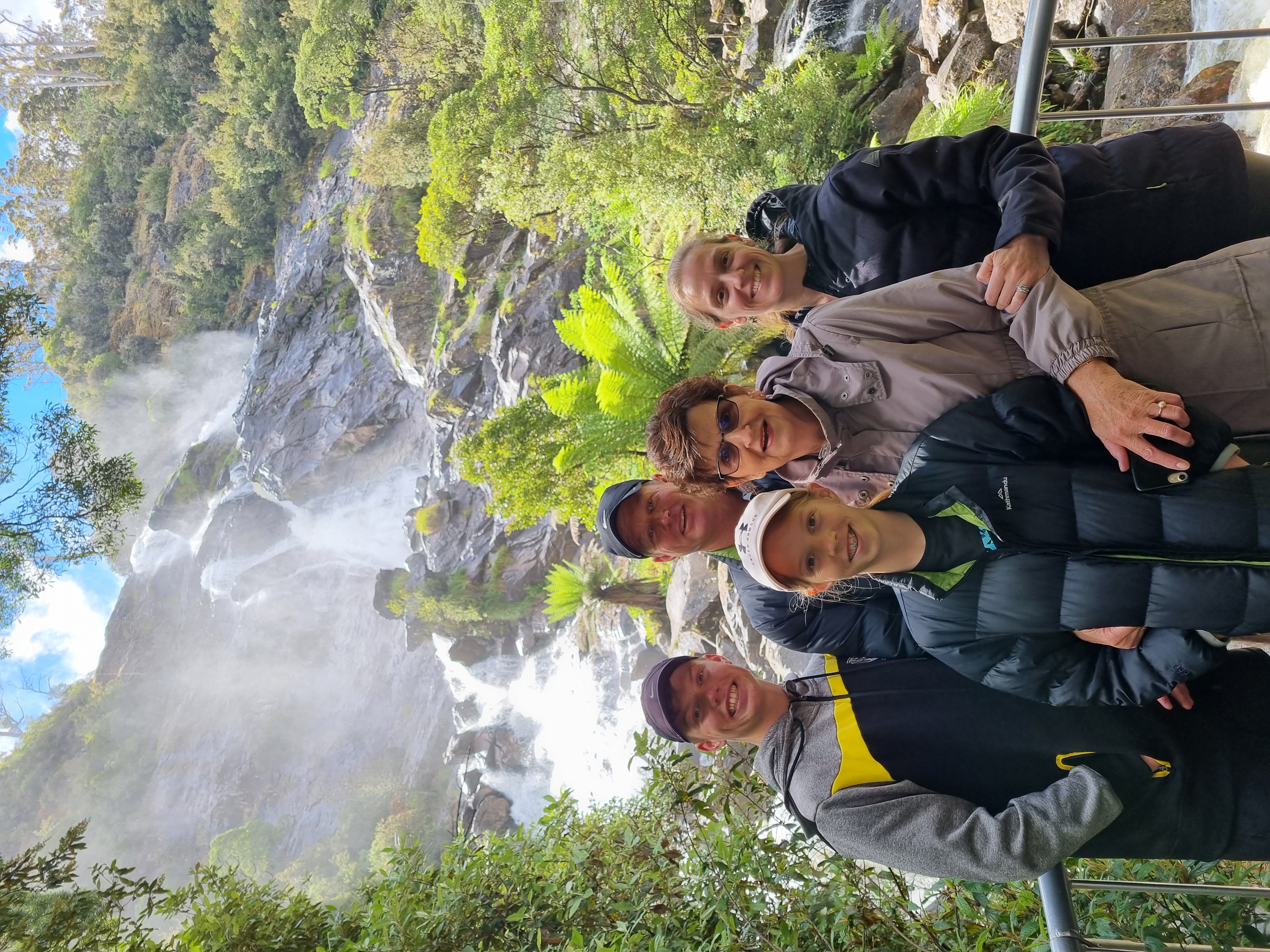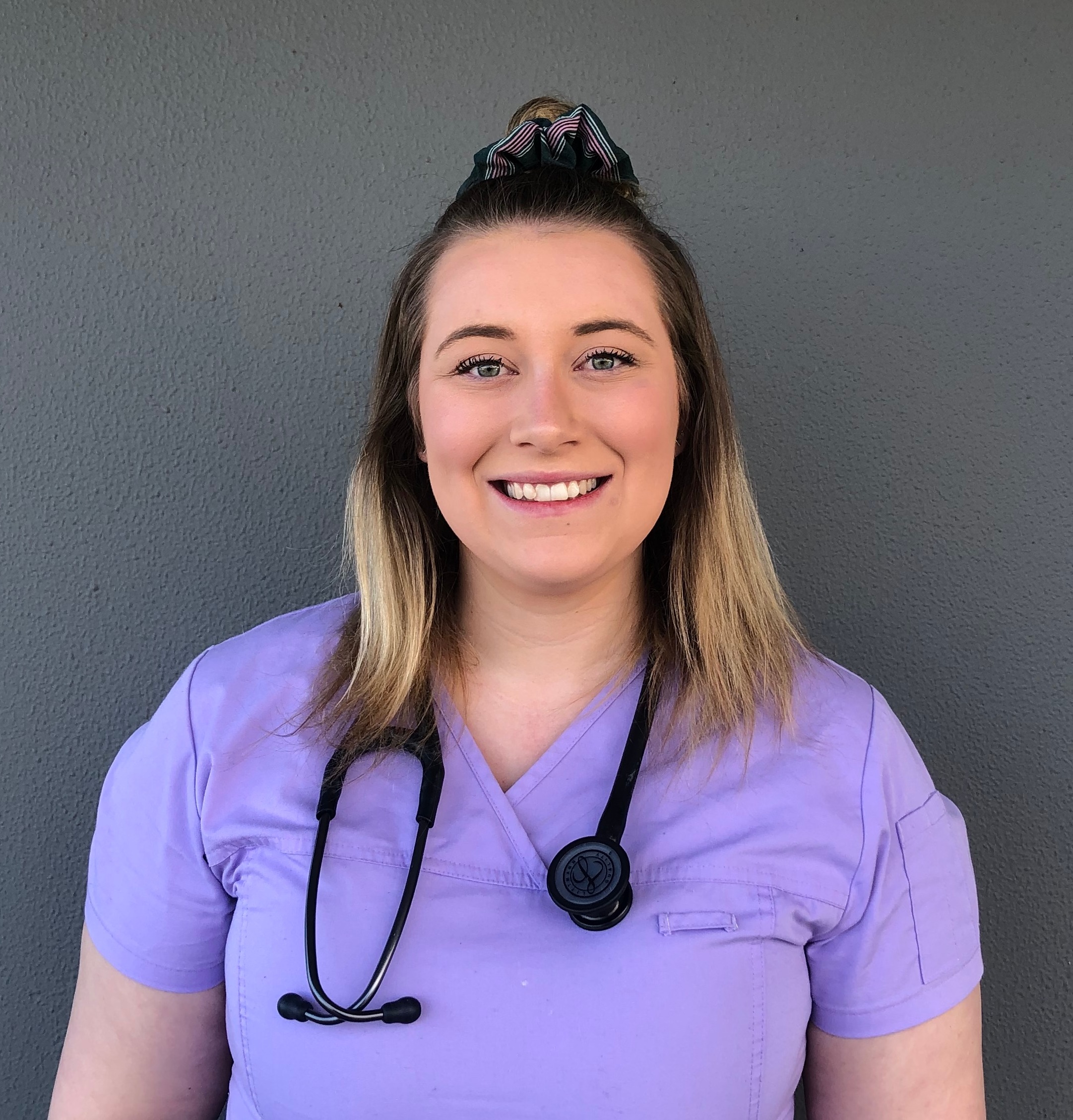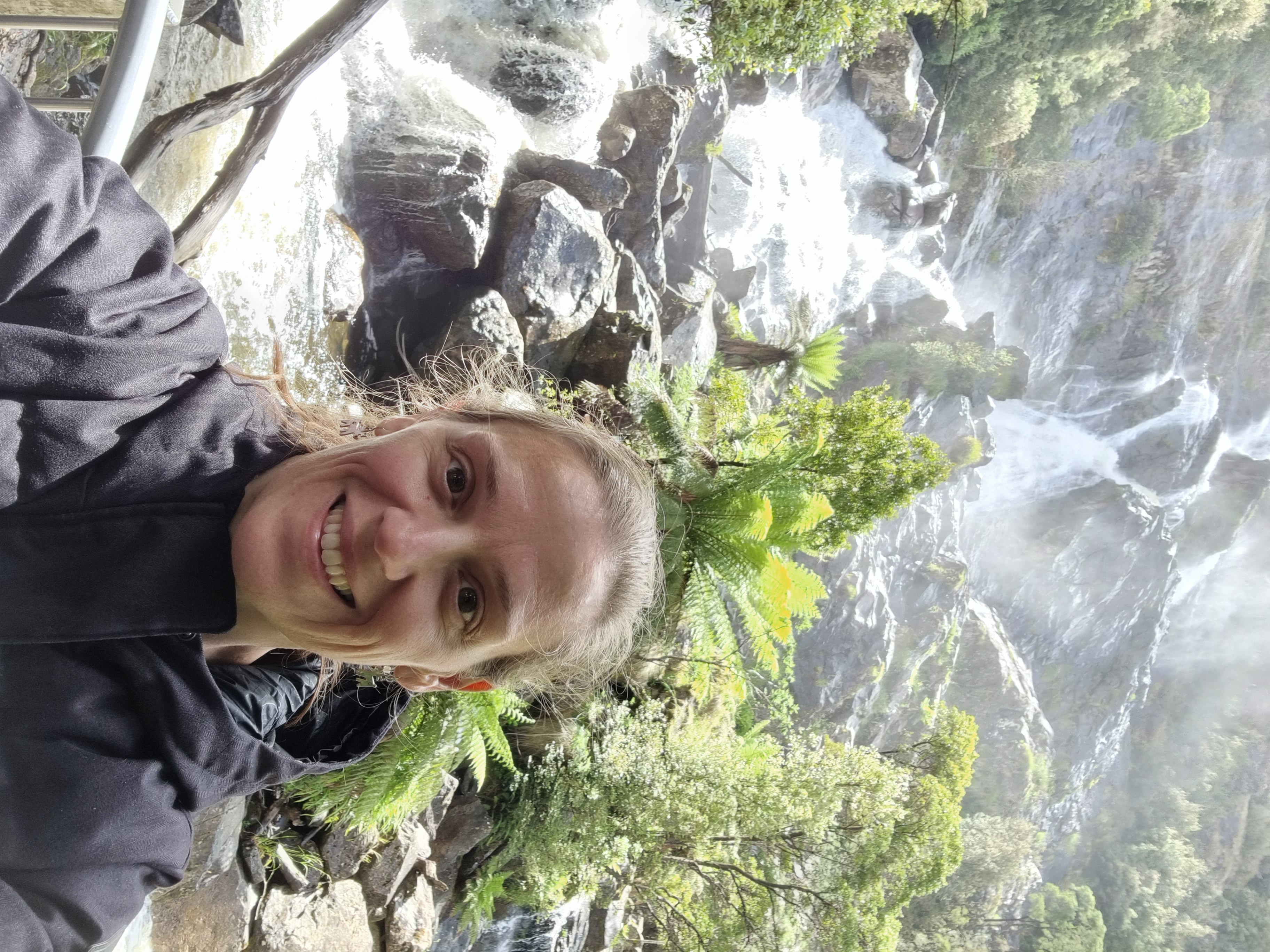Nursing has never been so important. Thanks to generous philanthropic efforts, improved access to specialised education and advanced training is enabling nurses to harness fresh knowledge to meet the demands of an evolving profession and lift patient outcomes, especially in rural areas.

As a Clinical Nurse Specialist in Emergency at Goulbourn Valley Health, with a family to raise, Tunya Jarvis had little time to pursue her passion in oncology.
When the pull to oncology persisted, she began supplementing regular hospital hours with casual shifts in the Day Oncology Unit, eventually securing a full-time position.
But as a firm believer in evidence-based practice, Tunya knew she would benefit from specialist training. “Up to date, evidence-based information is what makes the difference to patients in the long run. It's not the piece of paper, or your title, it's being able to give the very best care to your patients that matters,” she says.
However, providing for a family and living rurally meant further study would be challenging without financial support. Thankfully, the Patricia Eileen Hyams Scholarship in Cancer and Palliative Care Nursing offered a lifeline.
Lifting specialist skills through philanthropy
Established in 2017 through a generous gift from the Bruce Hyams Foundation, the scholarship allowed Tunya to pursue her passion wholeheartedly.
The scholarship was an incredible blessing. Rather than take extra shifts to supplement our family income, I could concentrate on my studies and still care for our children.

“I could afford to travel to Melbourne before the study days. I could buy all the resources that we didn’t have access to in a rural area. These things may seem tiny, but they make an enormous difference when you're studying and juggling a family and work.”
Ultimately, it meant Tunya was able to focus on the course and subsequently deliver expert, evidence-based care to patients in Shepparton. Because, as Tunya points out, access to care shouldn’t depend on where you live.
“It doesn't matter whether you're at Goulburn Valley Health in Shepparton having treatment, or whether you're sitting at the Victorian Comprehensive Cancer Centre in Melbourne – the knowledge of your nurse and the care you receive should be the same. That's why I wanted to study at the University of Melbourne. I wanted to be able to bring that level of care to the patients here.”
Having completed the Graduate Certificate in Nursing Practice (Cancer & Palliative Care), Tunya now works at Goulburn Valley Health’s Symptom and Urgent Review Clinic at the Peter Copulos Cancer and Wellbeing Centre in Shepparton, doing just that.
Supporting rural upskilling
The Patricia Eileen Hyams Scholarship in Cancer and Palliative Care Nursing was designed to assist remote or rural nursing students to gain specialist training in cancer and palliative care, which tends to be under-resourced. It was established by retired oncology nurse, Alison Hyams – who worked most of her career at the Peter MacCallum Cancer Centre – in honour of her mother, Patricia Hyams.
Professor Marie Gerdtz, Head of the Department of Health Sciences within the Melbourne School of Health Sciences at the University of Melbourne, is an advocate of philanthropy, acknowledging the powerful role of scholarships in resourcing remote communities with specialist talent.
“If you wanted to become a specialist nurse in the past, accessing relevant education meant you often had to turn your back on your hometown. The Patricia Eileen Hyams Scholarship enables nurses to participate in travel study days, access specialist integrated education, expand their experience, then take those skills back to their communities.”
“With an ageing population and people increasingly moving out of the cities, the need for specialist nurses in rural and remote places is only going to increase if we want equitable access to health care,” she adds.
Particularly in oncology and palliative care, which we’ve seen more communities develop services for in recent years, nurses need to specialise to work with specialist medical practitioners. That is not always possible in remote and rural regions.
Giving to keep up with change
Specialist nursing is needed rurally and in urban settings. Advances in knowledge and technology, as well changing population needs and the rise in infectious diseases, are intensifying the demands of the profession.
This makes advanced nursing education even more vital, says Professor Gerdtz.
“Nursing is highly challenging work. You cannot make a critical, palliative, or neonatal care nurse in a few days. It takes years. The training is intense, and the knowledge underpinning it is deeply scientific.”
Again, philanthropy plays a transformative role in upskilling nurses to meet this demand. The Dorothy Jean Ineke Scholarship in Nursing, generously established by former renal nurse at the Royal Melbourne Hospital, Ms Julie Sheldrake, also supports speciality nursing practice.
Named as a tribute to her mother, whose life story made Ms Sheldrake aware of how easily educational opportunities can be closed off by circumstance, the scholarship supports students studying nursing and education at the University of Melbourne.

Madelyn Cocksedge, a 2019 recipient, was supported to complete postgraduate study in Emergency and Trauma Nursing. She now works at the Townsville University Hospital as a Registered Nurse and Student Midwife, as well as pursuing further studies in Midwifery with the aim of bringing her nursing specialisations together as a Flight nurse.
“I want to use both my Emergency and Trauma and Midwifery skills to provide care to and retrieve rural and remote area patients requiring aeromedical evacuation. I enjoy a challenge and seeing the difference we can make to patients' lives at such a critical time.”
Recently named the recipient of the Royal Flying Doctors Midwifery Scholarship, which will see her employed with them as a flight nurse after graduating, Maddy’s is on the path to realising that dream. She is grateful for the specialist skills the scholarship unlocked for her and her patients.
The knowledge and skills we gain through specialist studies significantly impact the level of patient assessment we can perform, the clinical conclusions and suspicions we can draw, and the level of confidence we have in advocating for our patients’ care and safety, specifically in highly complex cases.
Another area in need of specialist nursing is for those at the start or end of their life. With specialist medical staff in short supply, the demands on nurses here are extensive, explains Professor Gerdtz.
“Palliative nurses support patients and their families, reinforce the work of specialist staff, manage complex treatment plans, and make adjustments to meet patients’ needs. It’s not just meeting physical symptom distress either, but the distress suffered as a result of knowing that they don't have long to live.”
In neonatal, nurses must understand the science at great depth to effectively support premature babies until they are well enough to go home, says Professor Gertz.
Awarded the Dorothy Jean Ineke Scholarship in 2016 and graduating with a Master of Advanced Nursing Practice, Micki Goh is one nurse filling this crucial role at the Royal Children’s hospital.
“The scholarship motivated me to study much more and try various methods to get the concepts in my head. Having financial independence allowed me to focus on the path of making a difference to the babies’ lives.”
A profession to celebrate
The COVID-19 pandemic has brought the demanding and essential nature of modern-day nursing into the global spotlight – revealing the technical and deeply scientific knowledge that nurses must have. We are fortunate to know insightful donors who recognise the importance of nursing as a profession, says Professor Gerdtz.
“The beautiful thing about the Patricia Eileen Hyams Scholarship, and a number of other prizes and awards dedicated to nursing, is that it is named after a nurse.
“The idea that nurses think so much about their profession that they're willing to donate and trust us to take that forward in a way that provides for the future – that to me is wonderful. Nurses are always giving.”
 This rings true of the recipients too. For Tunya, it’s what makes the job. "The honour and privilege I get every single day to care for patients and their families in some of the most challenging times of their lives is something immeasurable. That is why I do what I do.”
This rings true of the recipients too. For Tunya, it’s what makes the job. "The honour and privilege I get every single day to care for patients and their families in some of the most challenging times of their lives is something immeasurable. That is why I do what I do.”